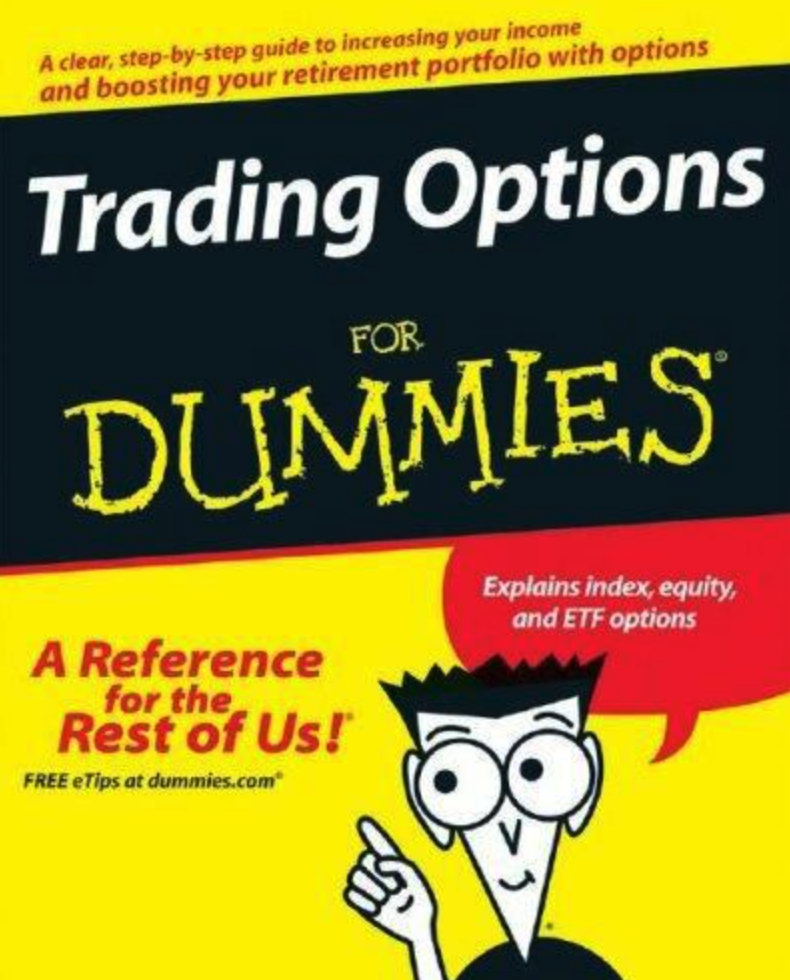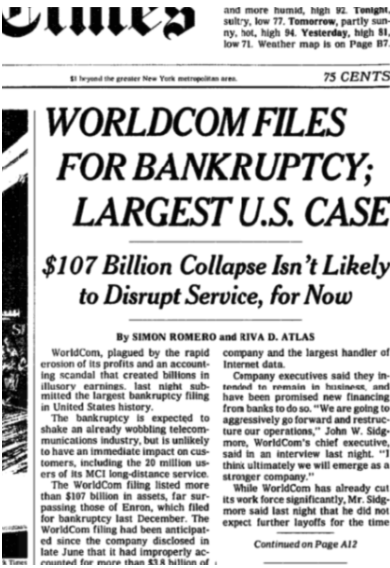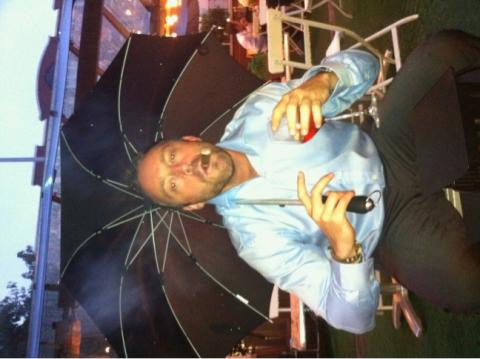“Good luck is something you make and bad luck is something you endure….People do make their luck by daring to follow their instincts, taking risks, and embracing every possibility.”
Estée Lauder
One of my nephews, who is studying in Texas, spent this past summer in New York on an internship. When he came over for dinner after his first day - I chuckled at the contrast between his attire - polo shirt, chinos and sneakers and my own ensemble on my first day of my internship.
Seeing him so relaxed reminded me how different my own first day had been and I was transported back twenty-two years, standing on the Jubilee line platform at 6:30 AM in my Marks & Spencer suit and Thomas Pink shirt trying to look like I belonged.

The Jubilee line of London’s underground has a distinctive high-pitched screeching as the trains approach and to this day the sound takes me back to those mornings mixed with excitement and trepidation.
I remember feeling so much excitement and optimism about going into the world of finance. This was in stark contrast to my walk to the underground station from my student flat - stepping over drunks and needles in what was then the gritty underbelly of King's Cross.
The transformation is staggering. Today, that same stretch from our security-cage-equipped flat is a gilded walkway to Silicon Valley tech offices and the restored grandeur of St Pancras Station. Back then, it was a gauntlet of urban decay that made me question whether I was tough enough for London, let alone the City.
I'd applied to Citi's equity division in the hope of being placed on the cash equity trading desk - the energy, the shouting, the adrenaline of markets moving in real time were the ultimate allure to me.
Instead, I was placed in the equity derivatives group alongside another intern named Emma, who seemed equally bewildered by our fate.
If you've never ventured into the world of equity derivatives - and to be honest, even if you have - it feels like it's designed to make you feel stupid. It's not just learning a new language - it's learning one where every term sounds like it was invented to confuse you.
They literally speak in Greek: delta hedging, theta decay, gamma-hammer.

At times the maths can make your head spin.
Then there are the trade structures with names that sound like rejected yoga poses: iron condors, butterfly spreads, Christmas trees, jade lizards. Even with patient teachers, the learning curve is steep.
But we didn't have patient teachers - they barely had any interest in teaching us at all.
We got the impression from the team that having interns assigned to them was more like a punishment from HR.
To be fair to them, 2002 was an incredibly dark period for financial markets. Enron's collapse the previous year, followed by WorldCom's accounting fraud scandal, had wrecked investor confidence.

The tech bubble had burst, and everyone was wondering which house of cards would fall next. Half of our supposed mentors were probably updating their CVs while pretending to price complex derivatives.
Far from being a great environment - it at times felt almost hostile. Which didn’t make it easy to learn and grow. Which was sad - because we’d come in with such excitement and energy.
"This is bollocks," Emma announced after our third week of being systematically ignored.
"Let's throw a party."
Emma had a friend with connections to a trendy City bar and nightclub that was willing to host events if we could guarantee attendance. We figured we had a decent starting point - our internship programme alone had about sixty people, and we had access to the distribution email list.
But why stop there?
We started cold-emailing HR departments at every major investment bank in London. The email was simple: "We're organising London's biggest unofficial summer internship networking event - would you be willing to share this invitation with your summer cohorts?"
We had the balls that only come with complete naivety. We were essentially asking established institutions to help promote our party. And for reasons I still don't fully understand, many of them said yes.
It definitely helped that we sent these promotional requests from our personal emails - not our @citi.com addresses - we weren’t totally naive.
Our business model was simple: we got £20 at the door for every attendee, the venue kept the money from the bar.
All we had to do was get the people to turn up!
I was amazed when our first event had almost 200 people show up.
We had created an amazing vibe - hundreds of young professionals coming together to dance, drink and maybe do a bit of networking!
The feedback was immediate and overwhelming: "When's the next one?"
By our fifth and final party of the summer, we had nearly 500 show up and our biggest challenge was managing the line that ran around the block.
We'd accidentally created the social hub for London's entire summer intern population.
Not only had we connected with virtually every summer intern working in the City that year, but we’d generated more money from our party empire than Citigroup was paying us to learn about gamma hedging and volatility smiles.
The irony wasn't lost on either of us.
Unsurprisingly, neither Emma nor I received full-time offers from Citigroup that September.
The official line was the challenging market environment - Citi barely hired any interns that summer.
While I wasn't surprised not to get offered a full-time job, I was still pretty disappointed.
I’d made some good friends in other areas of the bank and I would've loved the opportunity to work with them.
Moreover, I knew that the climate for new jobs was not going to improve by the time I would be submitting full-time applications a few months later to start the following year.
Years later, I realised those parties had taught me a ton of business fundamentals.
We'd identified an unmet market need - hundreds of ambitious young professionals hungry for connection and community. We'd developed a scalable solution, tested it rapidly, iterated based on feedback, and achieved impressive growth metrics. We’d inadvertently built a brand that people actively sought out.
Most importantly, we'd learned the crucial entrepreneurial lesson that when Plan A doesn't play out the way you hope or expect (the internship!) finding a Plan B (the parties!) might be better than anything you originally imagined.
Whilst I wasn't offered a job by Citi, the experience and memories from that summer are still with me. Evenings on the Coq D’argent rooftop or the Tower 42 champagne bar. The sense of possibility and optimism surrounded by the hundreds of bankers in suits and the towering skyscrapers.

As for derivatives, as so often happens in life, I'd later regret not absorbing more technical knowledge that summer. They became increasingly important in every subsequent finance role, and I spent years playing catch-up on concepts I might have learned from source material in 2002.
The Modern Intern
My nephew's internship could not have been more different from mine.
I relied on a Nokia flip-phone and SMS messages to stay in contact.

His fellow interns were already building personal brands on LinkedIn.
He was doing his internship a year early - so as a 20-year old in NYC he can't legally drink - the party planning route was closed to him.
He's already got next year's internship lined up, and that cohort is networking months ahead of time.
My networking came through cold emails and my “personal brand” was that I threw parties!
The technological playing field has changed entirely.
Back then information was scarce and hard to find, but perhaps the game was fundamentally simpler too.
Securing an internship.
Getting a full-time job offer.
Launching a serious finance career.
All things that felt monumentally consequential at the time, seem much smaller now.
I can barely remember the names of most people from that Citi derivatives desk, but the feeling of excitement at that first party working out and the relief that people showed up are still very clear in my mind.
It makes me wonder what in my current life feels super important right now but will seem largely irrelevant 10 years from now?
We torture ourselves over missed opportunities while completely missing the good stuff that pops up when our plans go sideways.
My nephew has every advantage I lacked - digital networks, strategic planning, career advice from Google.
But I hope he gets thrown a curveball or two. The kind that teaches you to pivot gracefully and find opportunity in the detour.
The most interesting careers aren't built on perfect plans - they're built on perfect pivots.